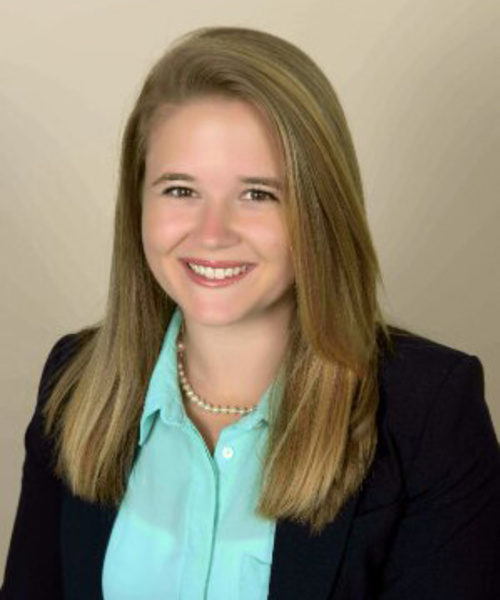Careers
Study Theology. Do Anything.
What can I do with a Theology major?
Theology majors are part of an intellectual community that takes faith seriously — their time here is spent pondering the profound questions of human existence. This helps them develop essential skills that are valuable in any number of real-world settings, while also often leading them to feel called to pursue faith-inspired paths after graduation.
Our recent graduates have gotten great jobs in technology, consulting, and government, while many also pursue graduate school in the humanities or sciences. A significant percentage also pursue full-time service work for a year or more, seeking to make a difference in the world by helping others.
Skills you'll learn
- Ability to articulate complex thoughts and theories
- Effective oral communication
- Strong writing
- Team Work
- Critical thinking and analytical reasoning
- Ability to apply knowledge to real-world settings
- Ethical judgment and decision making

Kim Lisiak Fraleigh '13
Former Chief of Staff to the CEO, Cancer Treatment Centers of America
“Health care administration requires knowledge from both my theology and Arts and Letters pre-health majors. It’s important to understand the psychology of business—how people work, how people think, how we can problem-solve in a way that best fits everyone.
And that’s where my theology major fits in perfectly. It allows me to step back and see the bigger picture, the purpose to why we’re all here."
-
Kim Lisiak Fraleigh '13
Former Chief of Staff to the CEO, Cancer Treatment Centers of America
“Health care administration requires knowledge from both my theology and Arts and Letters pre-health majors. It’s important to understand the psychology of business—how people work, how people think, how we can problem-solve in a way that best fits everyone.
And that’s where my theology major fits in perfectly. It allows me to step back and see the bigger picture, the purpose to why we’re all here."
-
Jim Cavnar '67
Founder and president, Cross International Inc. and Cross Catholic Outreach Inc.
Jim originally came to Notre Dame intending to get a degree in physics but his life has been less about studying forces than becoming one for good.
“I really prayed about what God wanted me to do. That set me to kind of a new phase in my life. I thought the Lord was really calling me to a different career path. We see our role as enabling individuals and the Church in the U.S. to respond to the call of God and connect them. We are one little part of the Body of Christ.”
-
Jenna Ahn '14
Keough School Masters of Global Affairs Program
“Theology really relates to life, so things that you’re learning in the classroom are all a way of looking at your world. It’s a holistic part of your education and growth that is challenging but also very worthwhile."
-
Luke Donahue '17
Novice in the Congregation of Holy Cross
“I really enjoyed that in the Department of Theology, you have the ability to work one on one with a faculty member for research. These professors aren’t here just to teach you in class; they want to help prepare you for life. Getting to connect with my professors gave me greater insight not only into the course material, but also what it means to be an academic professional, how to live, and who I am. Theology works together with everything — Western history and Western literary tradition, especially, have been shaped theologically. Seeing those interdisciplinary connections is something we can all benefit from.”
-
David Certo ’93
Marion County (Ind.) Superior Court presiding judge
David spends most of his time offering assistance and guidance to some of the most downtrodden and vulnerable members of the Indianapolis community. He feeds the hungry, finds shelter for the homeless, and arranges medical care for the ill. But Certo isn’t a priest. As presiding judge of the Marion County Superior Court, he doles out his unique brand of ministry from inside a courtroom that is turning heads in Indianapolis for its innovative and compassionate approach to criminal justice.
“I love helping people understand that their lives can be better and then helping them realize that potential."
98% of Theology majors found full-time employment, enrolled in graduate school, entered service programs, joined the military, or launched independent projects within six months of graduation.
Note: Outcomes data comes from First Destination reports, a survey of recent graduates conducted by the Notre Dame Center for Career Development and Office of Strategic Planning and Institutional Research. Status is known for more than 90% of each graduating class.